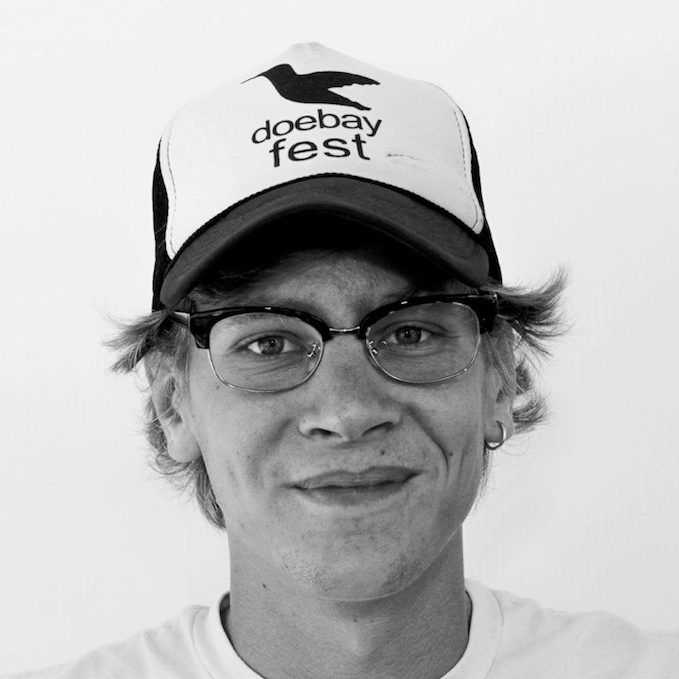Aquaculture is being unfairly demonized, and that’s not good for industry or the planet, according to Hugh Mitchell, a newly appointed board member of the Northwest Aquaculture Alliance.
Mitchell, a fish health expert and co-owner the Kirkland, Washington, U.S.A.-based fish health supply distributor and consultancy company Aquatactics, said he joined the board of the organization formerly known as the Washington Fish Growers Association to help fight the stigma surrounding aquaculture, which he said is particularly virulent in the U.S. Pacific Northwest.
“The message [regarding aquaculture] right now is wrong,” Mitchell told SeafoodSource. “I think aquaculture is the key to saving the aquatic ecosystems. It’s not a threat by any means.”
Mitchell, a veterinarian with a bachelor’s degree in marine biology and a master’s degree in aquatic ecology, has been working in the field for 30 years. He said he looked forward to trying to make a difference in his role as a board member for the Northwest Aquaculture Alliance (NWAA). Founded in 2009, the NWAA is a trade association that recently went through a rebranding and now represents regional fish famers and aquaculture across the U.S. states of Washington, Oregon, Idaho, as well as the province of British Columbia, Canada.
NWAA Board President John Dentler said that Mitchell’s appointment to the board is “an endorsement of our mission to bring a science-based discussion to the important conversation about aquaculture that is happening here and around the world.”
Mitchell said he is aware of polling data showing a broad aversion to aquaculture in the part of the country where the NWAA will operate and understands that portraying aquaculture as a benign force will be an uphill battle. Mitchell said he laments the intransigence of those opposed to fish farming.
“They don’t want to sit down and discuss each of these risks that they say [fish farming] poses.” he said. “They just want to eliminate [it].”
Mitchell said that intransigence was on display following the August 2017 escape of hundreds of thousands of Atlantic salmon from a Cooke Aquaculture site in Puget Sound. A proposal to restrict farmed Atlantic salmon to sterile females, which Mitchell said would have negated the risk of fish-breeding if they were to escape, was quickly tabled and instead, a blanket ban on net-pen farming of non-native finfish was signed into law by Washington State Governor Jay Inslee.
That type of resistance to aquaculture has cost the region in both economic development and in environmental benefits, Mitchell said. He said when he first joined the nascent industry 30 years ago, he thought environmentalists would welcome aquaculture for being “a wise thing from an economic point of view as well as helping aquatic ecosystems.”
“But the aquaculture industry in the U.S. is very minor compared to other countries and when I started … I thought it would be a lot larger,” Mitchell said. “It’s a little disappointing that 30 years [later] it’s got this black eye to it. NGOs aren’t seeing it for what it is: it’s the savior of the ocean, not a threat.”
He said he – and others in the industry – were initially surprised they weren’t greeted more warmly by environmentalists and Native American tribes.
“We thought this would be a noble supplement to the seafood supply and I don’t think anybody anticipated that it would be seen as a threat to the commercial fisheries and tribal water rights,” he said.
Mitchell acknowledged tightly-held beliefs of aquaculture opponents in the Pacific Northwest, who cite perceived risks to wild salmon fishermen and to the culture of the indigenous people of the region. But he said aquaculture, done correctly, can relieve the strain on native fisheries.
“One of my jobs as a veterinarian is to maximize production and treat the animals humanely,” he said. “That leaves the rest of the oceans for the wild.”
And although he’s a vocal proponent of the industry – in an article he wrote last year for Aquaculture Magazine, he said he’s not beholden to the industry and isn’t afraid of raising red flags when they’re needed.
“If I see something that’s endangering [commercial private aquaculture or public stock enhancement] I’ll call it out. That’s my responsibility as a licensed professional,” he said. “I try to remain objective and I’ve told clients I’m going to call it like I see it.”






